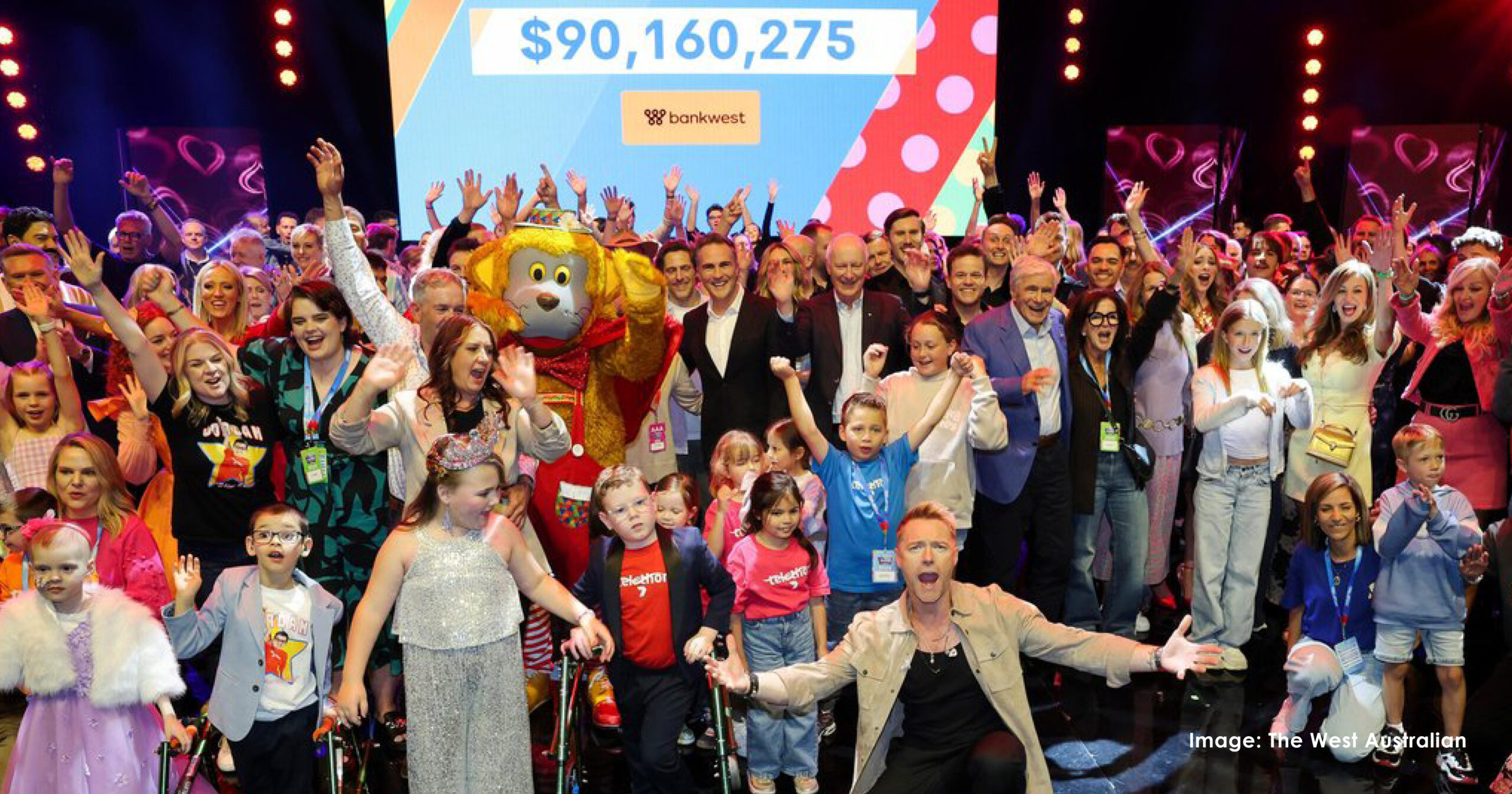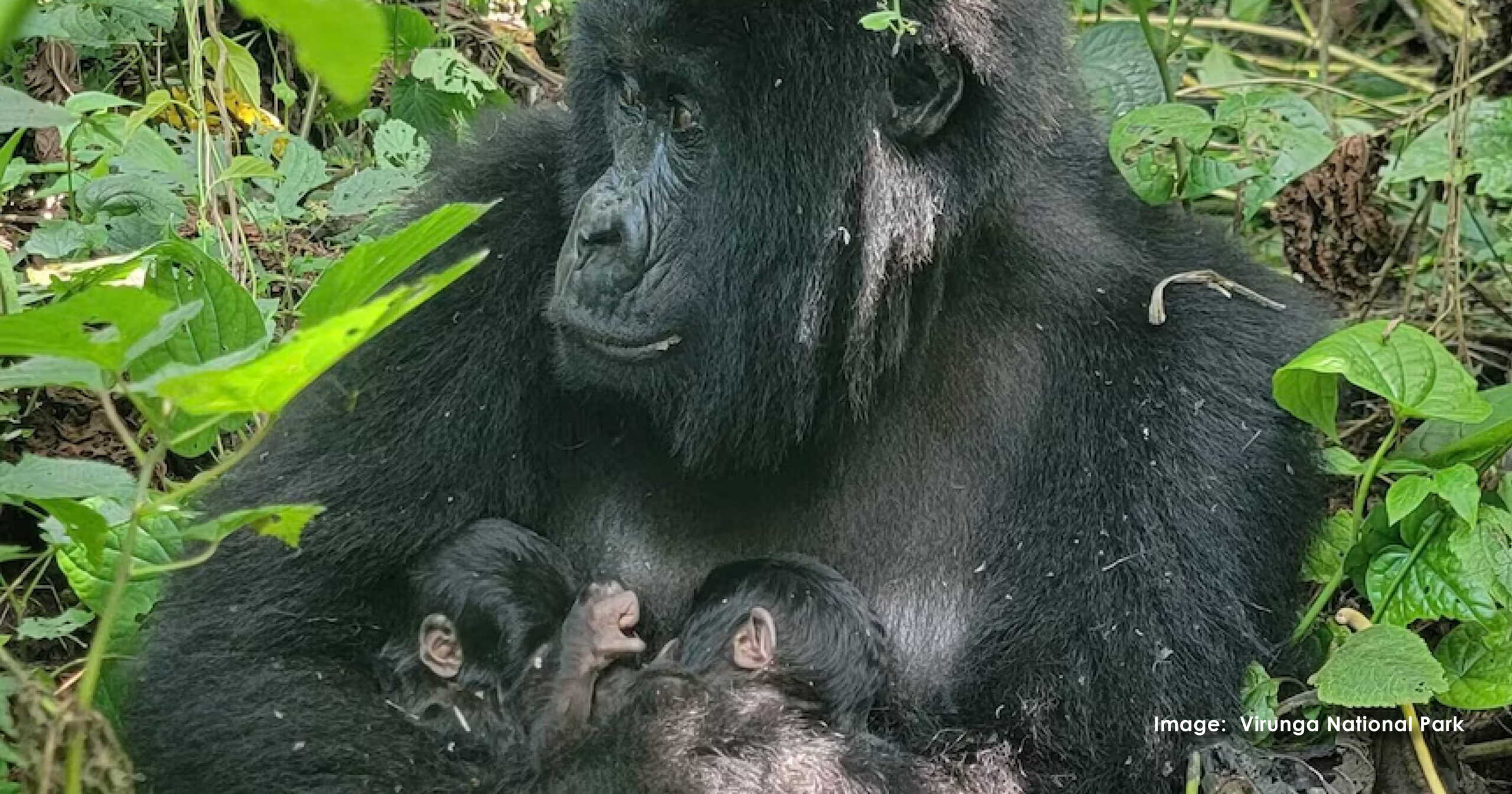Welcome to the Good News Roundup for October 20, 2025
$90m Raised in One Weekend – All For the Kids
Telethon – the renowned West Australian fundraiser – has smashed a new record, raising more than $90m in donations in just 26hours.
Launched in 1968, the annual event raises much-needed funds for innovation, research, treatments and opportunities for sick children.
The new record was set thanks to generosity of the West Australian community, local businesses and State and Federal Governments – and you can read a full wrap up of the event here.
‘A Near Miracle’ – East Coast Whale Numbers Well Above Pre-Whaling Figures
There’s some positive news for the eastern Australian humpback whale, with a new report estimating the population to be at more than 50,000.
The preliminary report from marine scientists – yet to be peer-reviewed – found that despite numbers reducing to the brink of extinction as a result of whaling, numbers have rebounded significantly, particularly in the 1990s and 2000s.
Scientists are calling it a ‘near miracle’ but estimate numbers are likely to plateau in coming years.
Read more here.
Parthenon Temple in Greece Free From Scaffolding for the First Time in Decades
Offering pictures worthy of social media, Greece’s Parthenon temple is currently free from scaffolding for the first time in decades.
The UNSECO World Heritage site attracts tourists from around the globe, however the necessary scaffolding supporting conservation work often hid certain details and changed the overall aesthetic experience.
However, the removal of the scaffolding is only short-lived, with more discreet supports expected to return in November ahead of the completion of works next year.
Read more here.
Australian Drug Showing Promising Signs for Stroke Patients
And the final story this week comes from WA biotech company Argenica Therapeutics.
Argenica is developing a new drug – ARG-007 – that has shown early signs of improvements in cognition, independence and overall quality of life in stroke patients in a recent Phase2 trial.
The drug works by stopping brain cells from dying after an acute ischaemic stroke and could become the first of its kind to directly protect brain tissue while patients undergo surgery following a stroke.
Read more in The West Australian here.



